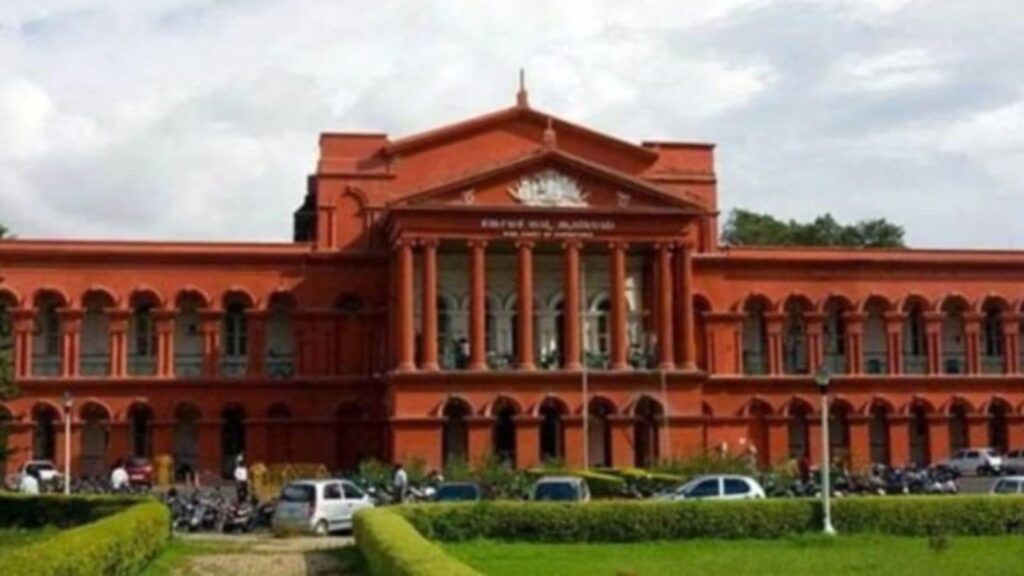The Karnataka High Court has emphasised that orders on parole applications must be made in a reasoned manner, raising concerns regarding these orders being passed in a “mechanical” manner without proper reasoning. The observations were made in an order passed on August 14 by a single-judge bench consisting of Justice Suraj Govindaraj.
In this case, the petitioner, Chotti Bee, had approached the court after a police report prevented her son from obtaining parole. He had been imprisoned in a murder case for eight years so far, and she had applied for a grant of parole on his behalf for 90 days, citing her illness. While the prison authorities had also recommended his release, the police report prevented it from being implemented.
The advocate representing the State submitted that an application to suspend the son’s sentence was pending before the court, in addition to the report submitted by the police. The bench, however, stated that this police report lacked reasoning. The bench stated, “A perusal of the police report indicates that it is a mechanical report… a perfunctory rejection has been made in terms of the police report without considering the actual facts.”
Describing parole as a “valuable right”, the bench added that the authorities concerned ought to pass a reasoned order on a case-by-case basis, pointing out that the prison system was overcrowded by undertrial prisoners as well as convicts.
In this context, the bench also directed the Director General of Police to look into the matter and instruct his officers appropriately with training if necessary.
The court also expressed apprehensions that several police reports regarding parole had been identical: “The court is coming across several of these reports which are identically worded without any application of mind.”
Having made these observations, the court granted parole for 60 days to enable the prisoner to take care of his mother’s illness, subject to his marking weekly attendance in the jurisdictional police station and strict conditions to ensure his return after parole.

